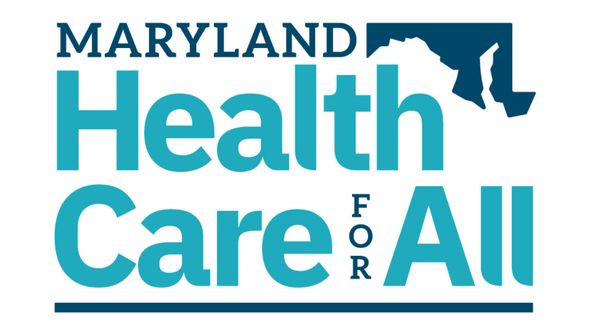From Maryland Matters
By Josh Kurtz
January 9, 2019
EXCERPT
Marylanders strongly support three of the Democrats’ top progressive legislative priorities.
A poll being released Wednesday – the kick-off of the 90-day General Assembly session – shows that voters back a measure to hold the line on the cost of prescription drugs; legislation to create a statewide health insurance mandate; and a bill to boost the state’s renewable energy goals.
Support for the prescription drug legislation is especially robust.
All three measures are being backed by a coalition of activist groups and have broad — though not unanimous — support among legislative Democrats. Less clear is whether Gov. Lawrence J. Hogan Jr. (R) would support any of the legislation.
A poll conducted Dec. 28-Jan. 4 by Gonzales Media Research Services, obtained by Maryland Matters, found that 78 percent of Marylanders support legislation to create a state prescription affordability board. The bill would create a five-member board, appointed by the governor, attorney general and legislative leaders, that would have the power to review price spikes in drugs already on the market and new medications that have an initial cost above $30,000 per year.
The idea is to hold the line on drug prices.
Only 15 percent of those surveyed opposed the creation of a drug affordability board. The poll of 809 registered voters carried a 3.5-point margin of error.
Support for the legislation is fairly consistent across the board. Eighty-seven percent of Democrats favored it, with just 8 percent opposed. Republican support was at 67 percent compared to 24 percent opposed. Non-affiliated voters backed the bill 68 percent to 22 percent.
Seventy-four percent of men favored the legislation and 82 percent of women supported it. Three-quarters of white voters supported the measure, and 87 percent of African-American voters supported it.
Regionally, support for the legislation ranged from 73 percent in Western Maryland to 88 percent in Baltimore City.
“The people of Maryland want something done” about escalating drug costs, said Vincent DeMarco, president of the Maryland Citizens Health Initiative, which is spearheading support for the prescription drug measure and partially paid for the poll.
The advocacy group’s other top priority is legislation that would create a health insurance mandate in Maryland, similar to the one that existed at the federal level until President Trump and congressional Republicans eliminated it with their 2017 tax reform package. The bill would require healthy Marylanders to purchase health insurance, with a portion of the proceeds being used to provide health coverage to uninsured residents.
Advocates are referring to the legislation as a health care “down-payment.”
The Gonzales poll found that 57 percent of voters support the measure, compared with 23 percent who opposed it. Democrats were particularly enamored of the concept, with two-thirds supporting it. Republicans were split, with 39 percent supporting it and 38 percent opposed. Independents favored the legislation by a 53 percent to 29 percent margin.
Support for the health insurance mandate was almost identical among women and men and among black and white voters. About two-thirds of voters ages 18 to 54 supported the bill, but support dropped to the 40’s among voters 55 and older.
“We need to protect the Affordable Care Act, and the health care down-payment is the best way to do it,” DeMarco said.
House Speaker Michael E. Busch (D-Anne Arundel) on Tuesday promised that health care would be a top priority for lawmakers in the session.
“The state over time has produced the best health care delivery system in the United States of America,” he said. “We’re going to make sure that we’re going to protect that.”
DeMarco said he is optimistic about the prospects for the prescription drug and health care legislation because the chief sponsors hold key positions on the relevant House and Senate health committees. But Hogan has expressed skepticism about the state health insurance mandate, suggesting those issues should be debated at the federal level.
Last modified: January 15, 2019


